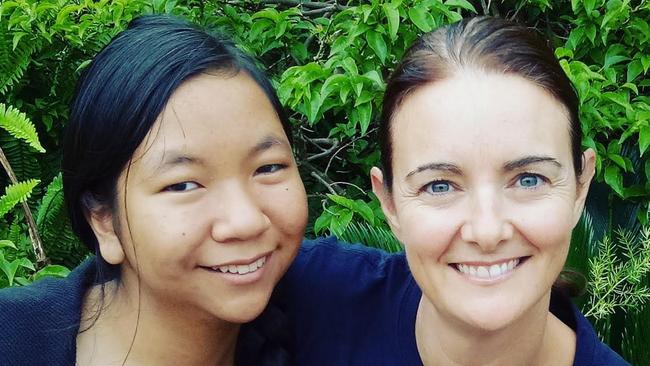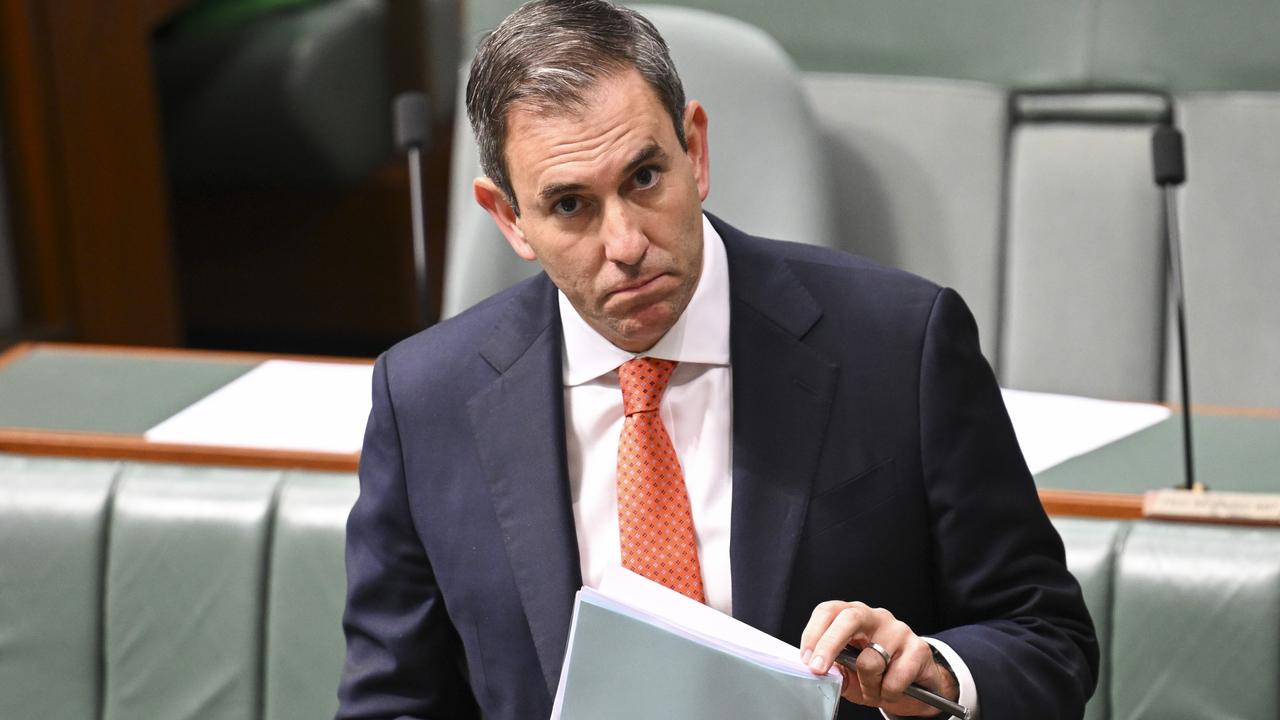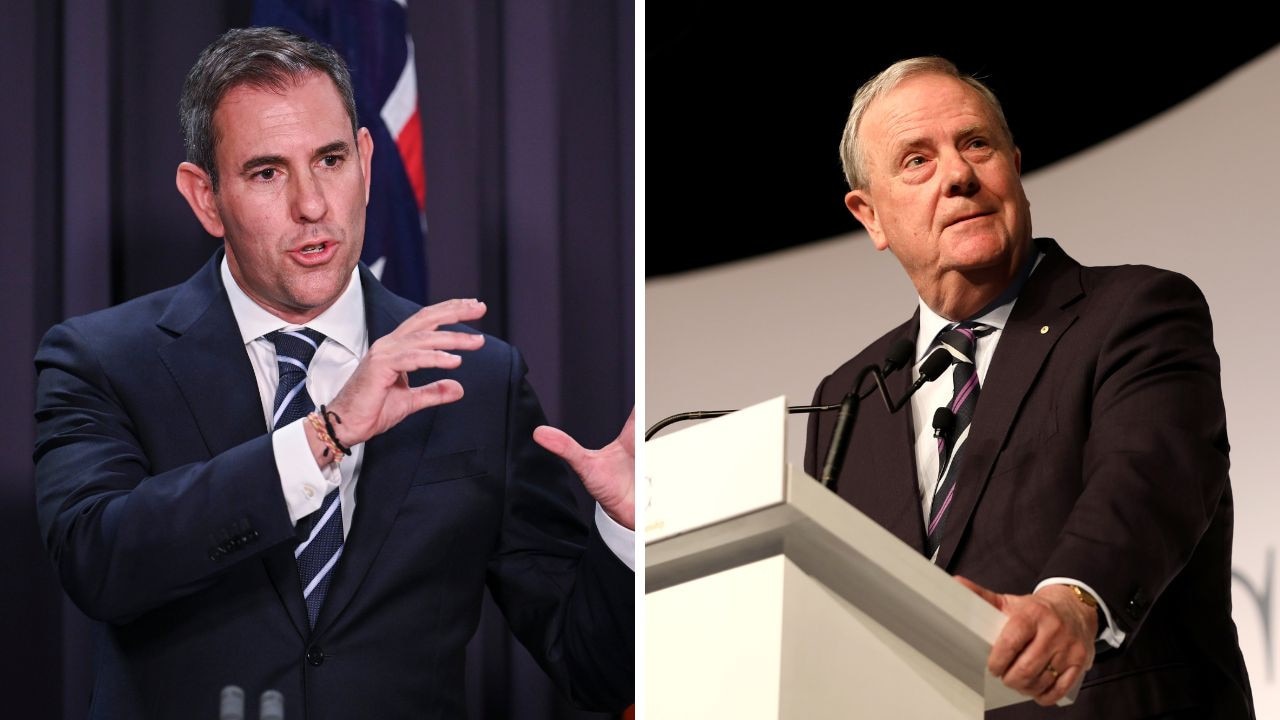‘Change law to end migration tragedy’, Andrew Giles told
The case of the miracle baby denied Australian citizenship after challenge from Andrew Giles shows the need for an overhaul of legislation.

The “tragic” case of the miracle baby denied Australian citizenship after a legal challenge by Immigration Minister Andrew Giles shows the need for an overhaul of legislation, a leading lawyer has declared.
Australian Lawyers Alliance spokesman and barrister Greg Barns SC told The Australian that the story of Enji “Hope” Su, revealed by The Australian on Thursday, showed the need for reform. “Sometimes with law reform it is these tragic cases that tell us the law needs to be looked at again. This would certainly seem to us to be one of the cases that the government ought to look at,” Mr Barns said.
Ms Su had been effectively adopted by Australian aid worker Alexandra Jagelman just hours after she was born in a remote part of China’s Upper Mekong region in 2001. She was diagnosed with brain damage at birth, and the cultural beliefs of her Lahu parents – who see disfigured or disabled babies as a curse – meant the baby was going to be killed before Ms Jagelman intervened.
The girl has since fully recovered and is now described as a healthy and vibrant young woman. While the Administrative Appeals Tribunal late last year determined that she should be granted citizenship, Mr Giles’ department successfully challenged that decision in the Federal Court.
Mr Barns said the outcome of the case centred on the strict interpretation of “at the time of birth”. Given Ms Jagelman effectively adopted the girl hours after she was born, she could not claim citizenship by descent because neither of her biological parents were Australian citizens at the time she came into the world.
“This case is really about the definition of ‘at the time of birth’. The definition is very narrow and, tragically, this case didn’t fit within it,” Mr Barns said.

“We would urge the government to look at this case very carefully and decide whether or not … the legislation needs to be amended so that it can take into account situations like this.”
Reuben Saul, the national president of the Migration Institute of Australia, said that while it was not within Mr Giles’ power to intervene and award Ms Su Australian citizenship, he could and should act to accelerate her alternative path to citizenship.
Mr Saul said Ms Su could be eligible for an adoption visa, which could pave the way for permanent residency and, after a number of years, citizenship.
“We would hope to see, given the protracted nature of this case and the fact that the parents have clearly acted in good faith throughout the process believing that the child was an Australian citizen, it would be appropriate for the minister to help expedite any future adoption visa or child visa applications that come forward to help her get closer to permanent residency sooner. That would put her on a journey to citizenship even quicker,” he said.
“It would be appropriate for the minister to step in and prioritise a case like this.”
Asked if the government would consider amending the citizenship legislation or fast-tracking a visa for Ms Su, a spokeswoman for Mr Giles said: “In order for an Australian permanent visa to be granted, an individual first needs to apply for an Australian permanent visa.”
The opposition, meanwhile, called for Mr Giles to explain why his department had fought against Ms Su’s citizenship.
Opposition immigration spokesman Dan Tehan said the handling of Ms Su’s case contrasted with his government’s earlier efforts to make it easier for criminals to live in Australia.
“Giles is a reverse Midas, everything he touches turns to mud,” Mr Tehan said. “If there is a genuine reason why this young woman, who was raised by a loving Australian mother, should not get citizenship then Giles should come out and say it.”




